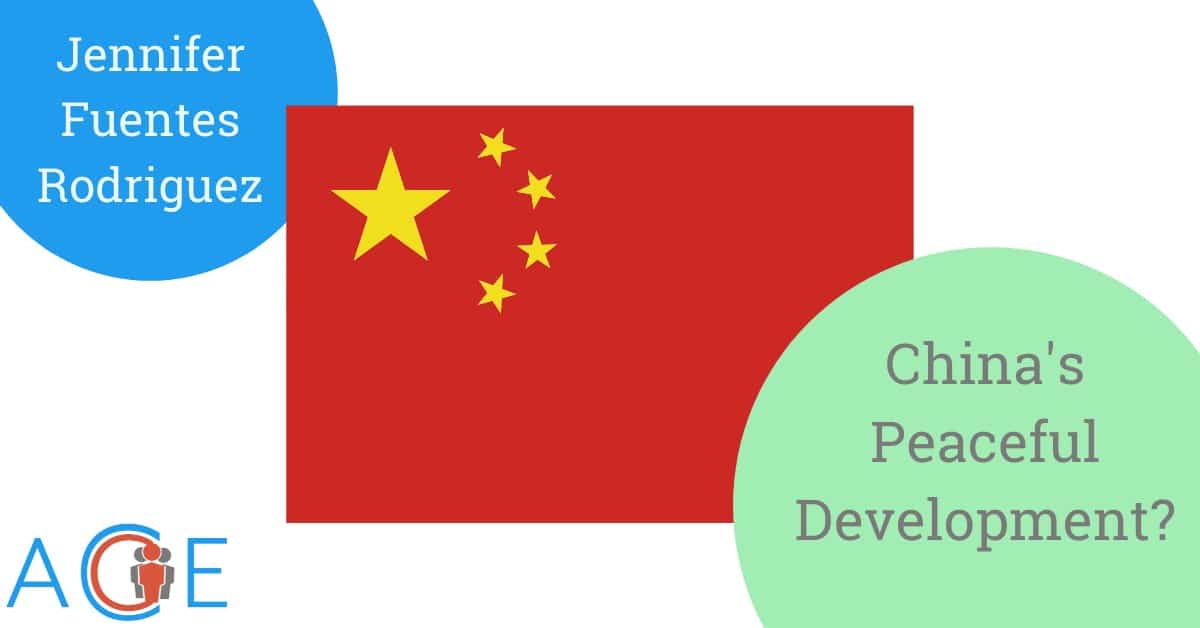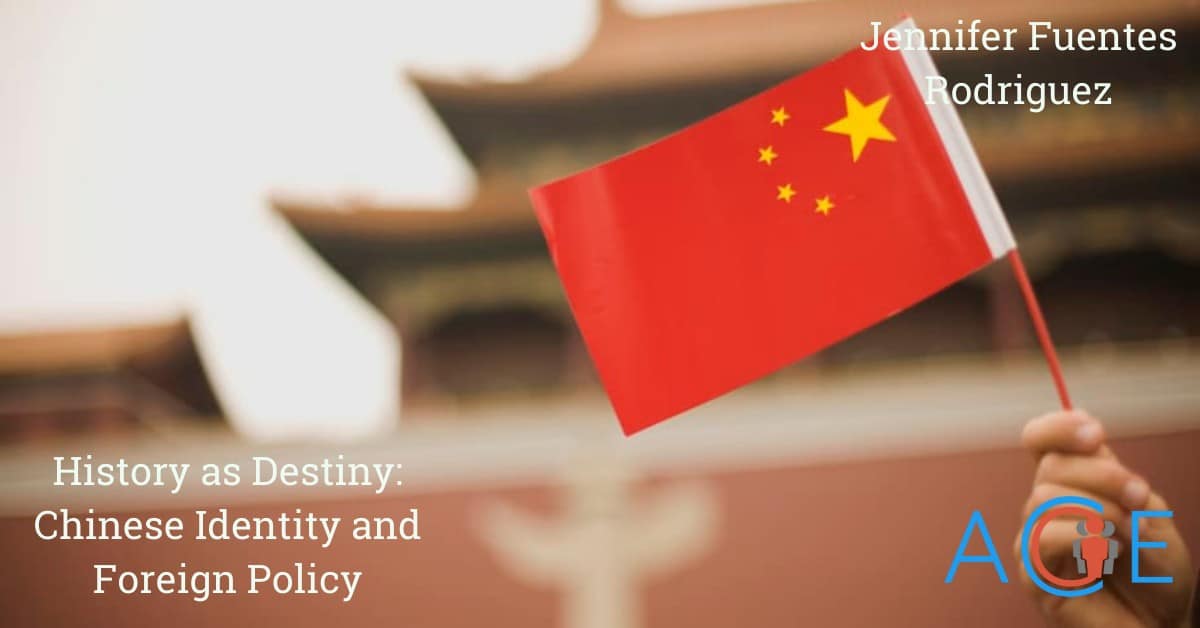China’s official foreign policy strategy is known as Peaceful Development, and it is focused on global, harmonious growth. The purpose of the Peaceful Development strategy is to counter the Western notion that China’s “rise” is inherently dangerous while linking its development with that of other nations.
It is guided by five main principles:
- Peaceful development: China will not initiate wars or act in a predatory manner.
- Cooperative development: China will treat each nation as an equal member of the international community with mutual trust and mutual development.
- Common development: China will assist world development while developing itself, and it will not act with selfish motives and/or actions.
- Win-win development: China will broaden common interests among nations.
- Mutual respect for sovereignty and territorial integrity: China will not involve itself in the domestic matters of other countries.
The principles of peaceful development are rooted in Confucianism, a philosophical outlook and attitude with large influence over the Chinese people. Confucianism’s main values are benevolence, trustfulness, equality, and forbearance, and it holds that the cultivation of these traits begins in the individual and then expands into society. For this reason, China’s desire to create a peaceful, stable international order is an extension of Confucian ideals of benevolence. The Confucian roots can be found in Peaceful Development’s Chinese name, where peace is known as 和平 (heping), literally translating to harmony and peace. The literal meaning is contrary to Western notions of peace, where it is simply the absence of war without mention of harmonious habitation. China’s understanding of peace is one of both harmony and benevolence that advances a narrative of non-aggression in the past and future.
However, China has not always acted in accordance with the peaceful development principles. Chinese troops engage in skirmishes along the Indo-China border, and China has acted aggressively in the South China Sea by ignoring international law (UNCLOS) over disputed islands, building military installations, and threatening foreign fishermen. The Belt and Road Initiative was officially created to assist developing nations by providing loans for infrastructure, but some countries report concerns over unsustainable loan debt and predatory lending. Apart from military aggressiveness, contradictions to benevolence are also found in China’s economic and cultural interactions with other countries. While its Belt and Road Initiative (BRI) was created to assist developing nations by providing loans for infrastructure, there is fear of unsustainable loan debt and predatory lending. Government-run Confucian Institutes have been established to promote Chinese culture and language internationally, but they have become controversial due to curriculum control from the Chinese state.
The contradictions found in Chinese foreign policy lie in the contrast between the international system China must survive in and its national interests. With a liberal international order in opposition to authoritarianism, China must present itself as a responsible power if it wishes to interact with the global community. Yet, China must also be cognizant of its domestic security that is based on sovereignty and territorial integrity, leading to perceived territorial, economic, and cultural aggressiveness.


